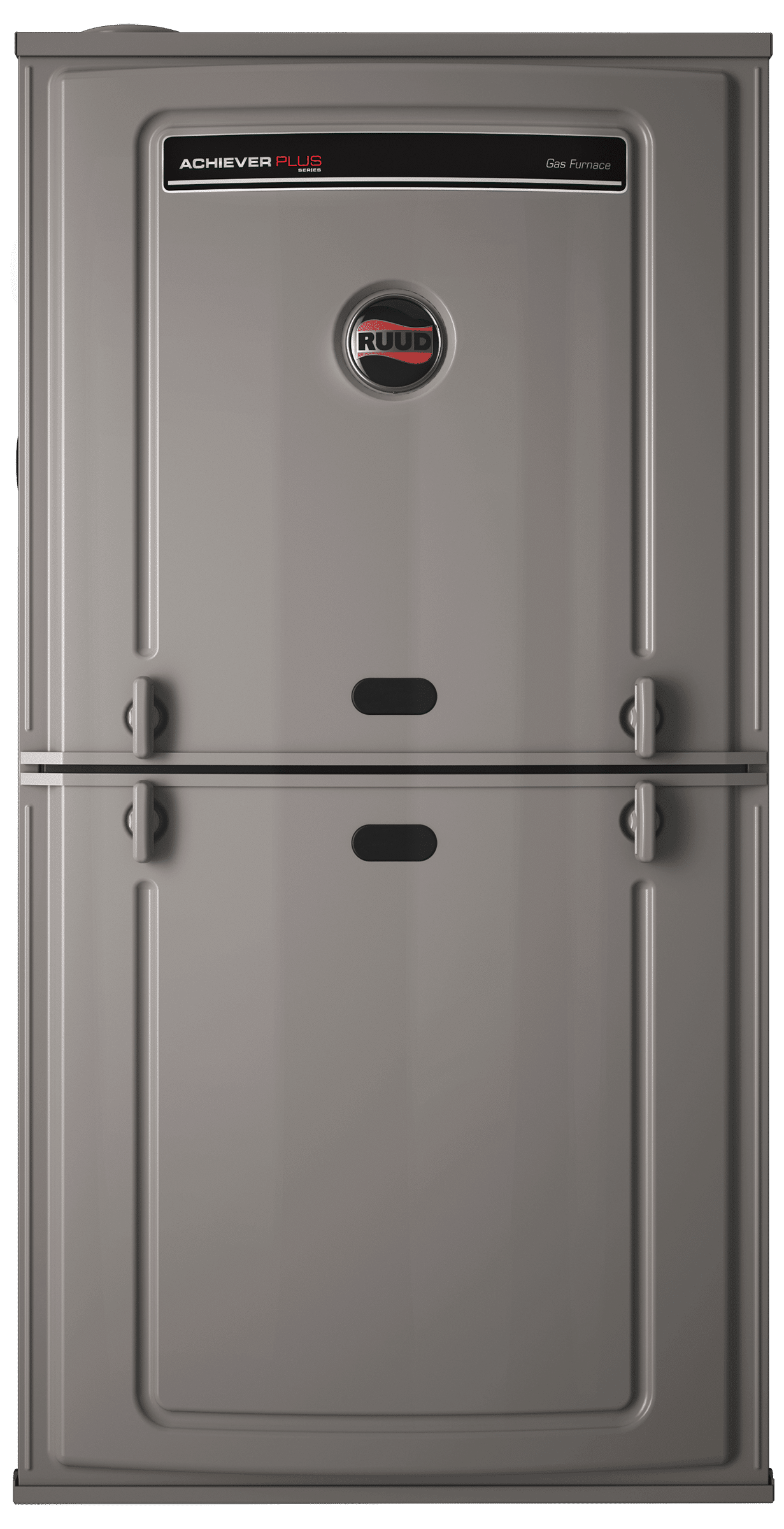
Choosing the right furnace is one of the most important decisions you can make for your home’s comfort and energy efficiency. With Virginia Beach’s coastal climate, homeowners need a heating system that can handle chilly winter nights while staying affordable to operate. The two most common options are gas furnaces and electric furnaces. Each has unique benefits, costs, and performance differences. To help you decide what kind of furnace installation fits your home best, Miller’s Heating and Air Conditioning created this guide comparing both systems in detail.
Understanding How Each Furnace Works
Gas and electric furnaces both heat your home, but they operate very differently.
A gas furnace burns natural gas to create heat. Once the burners ignite, the heat exchanger warms up, and the blower circulates warm air throughout the house. Gas furnaces rely on a steady fuel supply and proper venting to work safely.
An electric furnace uses heating elements, similar to a large version of a space heater. When electricity passes through these coils, they heat up and warm the air. Electric furnaces do not require combustion, which makes them simple to install and maintain.
Understanding these differences helps you evaluate which system aligns with your home’s needs and your long term costs.
Comparing Installation and Upfront Costs
Electric furnaces generally cost less to purchase and install. Since they do not require gas lines, exhaust vents, or combustion setups, installation is straightforward. This makes electric furnaces appealing for homeowners looking for an affordable entry level heating system or for those who live in homes without access to natural gas.
Gas furnaces cost more upfront because installation is more involved. However, the long term energy savings often offset the higher initial price. For homes already equipped with natural gas service, installation is usually simpler and more cost effective.
If your Virginia Beach home does not currently have a gas line, you may need to account for the added cost of running one.
Considering Energy Costs and Efficiency
Energy prices play a major role in furnace choice. Natural gas is typically cheaper per unit of energy than electricity. As a result, gas furnaces often have lower heating costs over the winter months.
Electric furnaces are highly efficient in terms of energy use because all electricity consumed goes directly toward heating. However, since electricity tends to cost more than gas, operating an electric furnace may lead to higher utility bills, especially on cold nights when the system runs more frequently.
In Virginia Beach, winters are generally mild, but temperatures can dip into the 30s and 40s. For homes that need moderate but consistent heating, the difference in operating costs can influence your decision.
Evaluating Heating Performance
If you want fast, powerful heating, a gas furnace typically delivers stronger performance. Gas furnaces produce higher heat output, making them ideal for larger homes or houses with older insulation.
Electric furnaces heat more gradually. They are a good match for smaller homes, well insulated spaces, or residences where heating demands stay moderate.
Because coastal Virginia winters are not as harsh as northern climates, many homeowners find that electric furnaces provide enough warmth. However, if your home loses heat quickly or has drafty areas, a gas system may offer more comfort.
Looking at Maintenance and Lifespan
Electric furnaces usually require less maintenance because they have fewer moving parts and no combustion components. Without burners, igniters, or gas valves, there is less that can wear down. Electric systems often last longer than gas units when maintained properly.
Gas furnaces need routine professional care to stay safe and efficient. The burner, ignition system, and heat exchanger must be inspected regularly. Carbon monoxide risks make professional maintenance essential. However, with proper care, gas furnaces have long lifespans as well.
If low maintenance is a priority, an electric furnace may appeal more, but the tradeoff is potentially higher operating costs.
Considering Environmental Impact
Gas furnaces produce carbon emissions because they burn natural gas. Electric furnaces do not produce on site emissions, which can make them a cleaner option depending on how your electricity is generated.
Virginia’s energy mix continues to shift toward more renewable sources, so electric heating may grow even more environmentally friendly in the future.
Which Furnace Is Right for Your Virginia Beach Home?
Choosing between a gas and electric furnace depends on several factors:
You may want to choose a gas furnace installation if:
- Your home already has natural gas service
- You want strong, fast heating
- You want lower long term heating costs
- You have a larger home or higher heating demands
You may want to choose an electric furnace installation if:
- You want a lower upfront cost
- You prefer a simpler, low maintenance system
- You do not have natural gas access
- Your home is smaller or well insulated
Both systems can keep your home warm and comfortable. The key is selecting the one that aligns best with your energy costs, comfort needs, and long term budget.
Get Expert Help from Miller’s Heating and Air Conditioning
Still unsure which furnace is right for your home? Miller’s Heating and Air Conditioning helps Virginia Beach homeowners compare their options and choose the system that delivers the best comfort and value. Whether you want installation, replacement, or expert advice, our team is here to guide you through every step. Schedule your appointment today to get started.